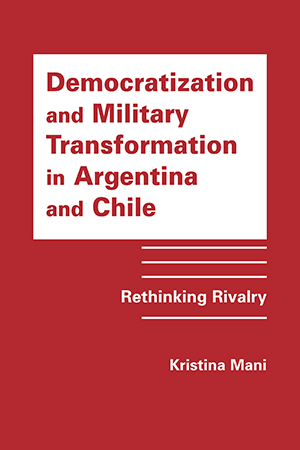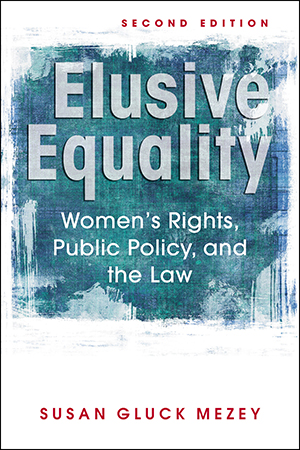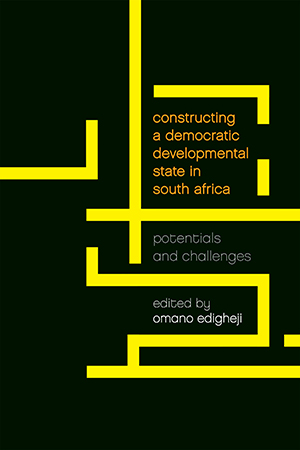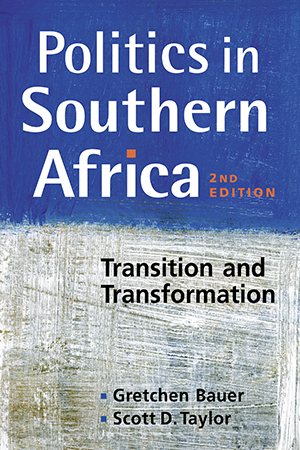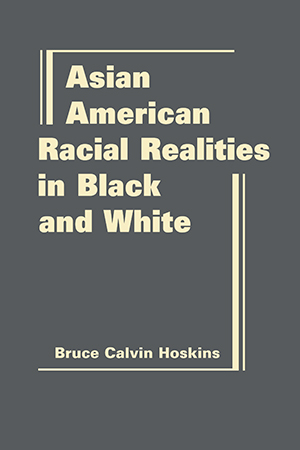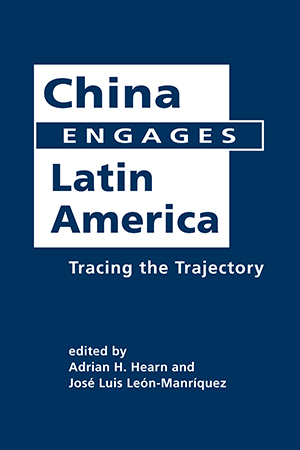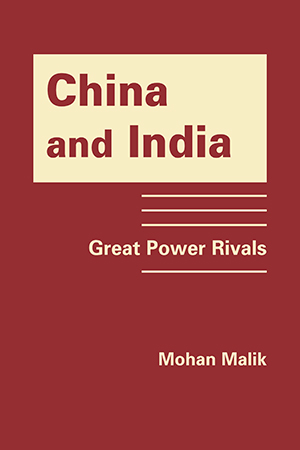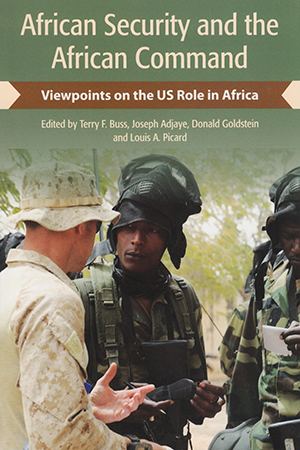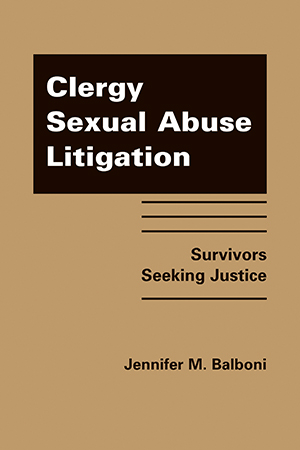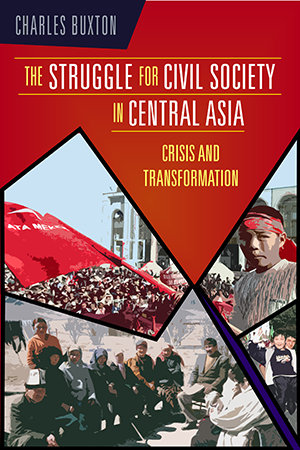BOOKS
Is there a relationship between the consolidation of democracy and the ending of rivalries with neighboring states? Can internationalist foreign policies be useful in More >
Elusive Equality explores how government institutions—the executive branch, the federal courts, Congress, and state legislatures—affect the legal status of women. In this More >
In this seminal collection, an interdisciplinary team of distinguished scholars draw on relevant conceptual models and compare experiences from other countries to show how South Africa could More >
The developments of the past seven years are reflected throughout this thoroughly revised edition of Politics in Southern Africa. Bauer and Taylor systematically examine politics and More >
What does it mean for an Asian American to be part white—or part black? Bruce Hoskins probes the experience of biracial Asian Americans, revealing the ways that our discourse about More >
What inroads is China making in Latin America? In China Engages Latin America, experts from three continents provide local answers to this global question. The authors explore the More >
Despite burgeoning trade and cultural links, China and India remain fierce competitors in a world of global economic rebalancing, power shifts, resource scarcity, environmental degradation, More >
In 2007, the Bush administration created a new military presence in Africa—AFRICOM (US Africa Command)—which has been vigorously debated ever since. Some see AFRICOM as the More >
Why did victims of Catholic clergy sexual abuse wait so long to come forward, and what did their recourse to the courts finally achieve? Jennifer Balboni explores the experiences of More >
Charles Buxton traces the gradual establishment of the civil society sector in the five former Soviet republics of Central Asia, countries that find themselves today negotiating a More >



